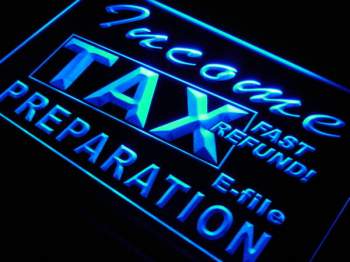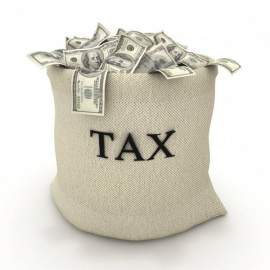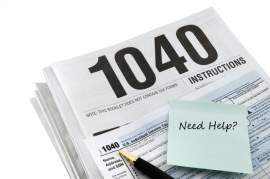
The Best Suggestions and Tips for Tax Preparation

Tax preparation can sometimes be a complicated process. Although some people will file tax returns on their own, many people choose to get help from a tax professional or from professional tax preparation software. Whether choosing to prepare taxes with or without the help of a professional, it is important to be aware of tax preparation basics, suggestions, and tips. Staying organized is one of the best ways to ensure that tax returns are filed properly and timely. There are several personal records that will be necessary for filing tax returns:
Valid form of identification
Social security numbers and birth dates for the filer, the spouse, and any dependents
Earning statements, such as a W2 form, 1099 form, unemployment form, or social security benefits
Investment records
Bank account information
Copy of tax returns filed during the previous year
Receipts for child care and educational expenses
Receipts and records for expenses that may be deductible, such as charitable donations, medical expenses, etc.
It is beneficial to keep detailed records of expenses throughout the year, so that tax preparation can be made easier when the time comes. Some individuals who are required to travel for their profession may be able to deduct travel expenses, such as hotels, airfare, and tolls. In this case, it will help to keep a detailed record these expenses including dates and the amount of mileage traveled. Often, medical expenses can be deductible, in which case the filer should keep all invoices from medical providers.
Organizing and updating these records ensures that the filer will receive the adequate amount of tax deduction. An important suggestion is to keep receipts for all purchases, even if they do not seem important at the time. This will help to keep an accurate record of purchases that may be considered deductions, and will help legitimize any claims that are questioned by the IRS. A tax payer will need this information whether using a preparer or professional tax preparation software.
It is also beneficial to keep a record of tax preparation fees, which may also be deductible. Another tip is to choose the simplest form. Most people will be eligible to fill out a 1040EZ, which is, in most cases, the easiest form to fill out. In order to qualify for this, the filer should earn under $100,000 per year, be filing with a spouse, and be under 65 years of age, among some other restrictions. If a person qualifies for this form, it will be beneficial to use it, because it will be less complicated and time consuming than others.
Some people choose to use the services of professional tax preparation software to make the process easier. There are also certain tips for choosing a tax preparation professional. It is important to choose wisely because, even if the returns were filed by a professional, it is usually the tax payer that will be responsible for errors. Be sure that:
The preparer signs and completes all sections of the IRS form for which he or she is responsible
All personal information, such as name, date of birth, social security number, etc. are correctly listed
Ensure that the preparer did not leave any of the necessary forms blank
A filer should also be aware of tax preparation fees. Tax professionals and professional tax preparation software will charge a variety of tax preparation fees. These sometimes depend on the complexity of a specific tax return. Fees may be based on the amount of forms that need to be filled out and can increase as the individual's tax situation varies from year to year.
Some tax preparers will instead charge an hourly fee based on the amount of work that goes into each person's returns. Tax payers should ask a preparation firm how much they will be charged up front since tax preparation fees vary greatly. They should also be aware of what exactly is included in the tax preparation fees.



















